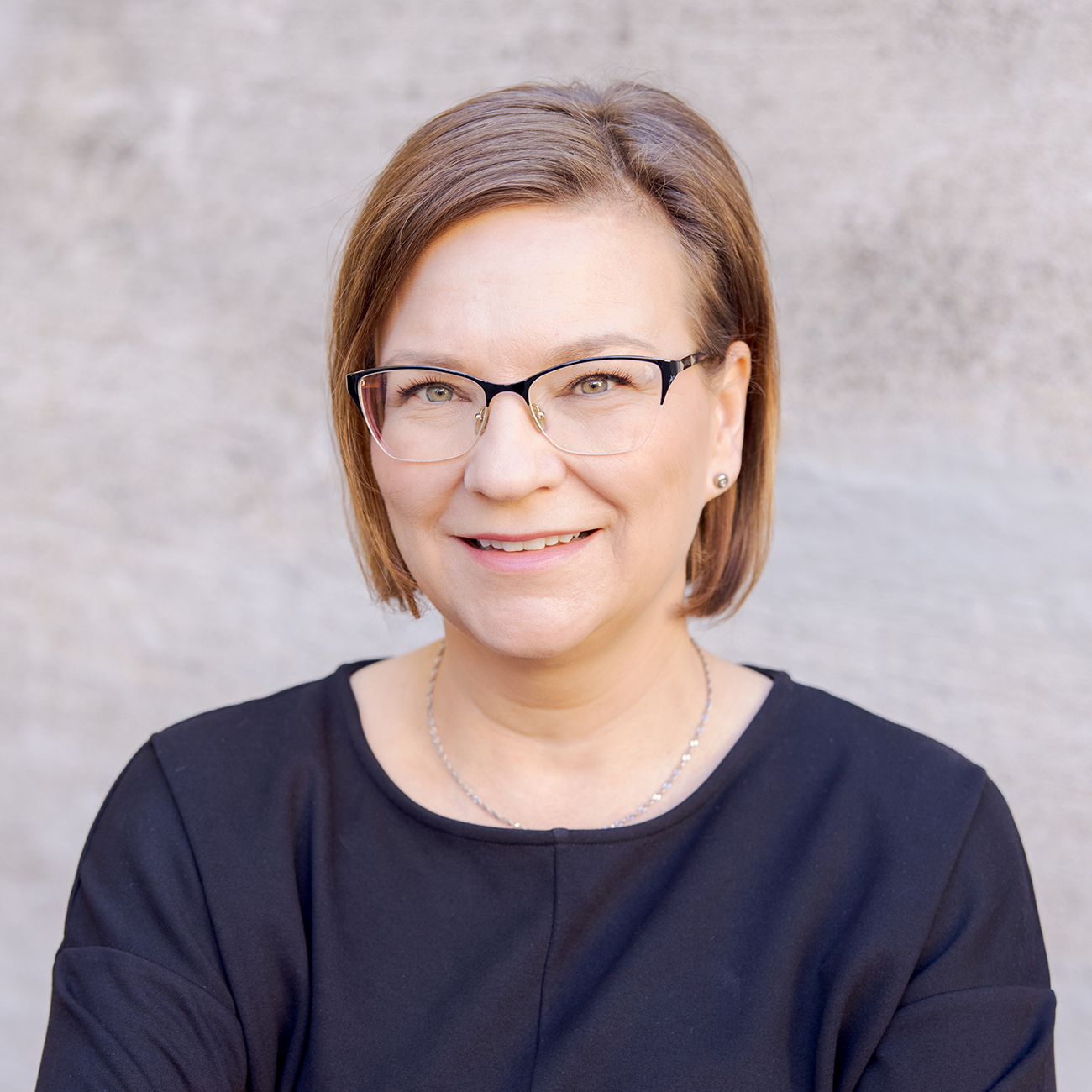Testing, developing and succeeding together in the Mobile Testbed TEKLA
Our globally unique mobile learning environment helped EdTech companies thrive, introduced teachers to new learning technologies, and inspired children to learn new things in a one-of-a-kind setting. The journey from idea to reality required collaboration and perseverance.
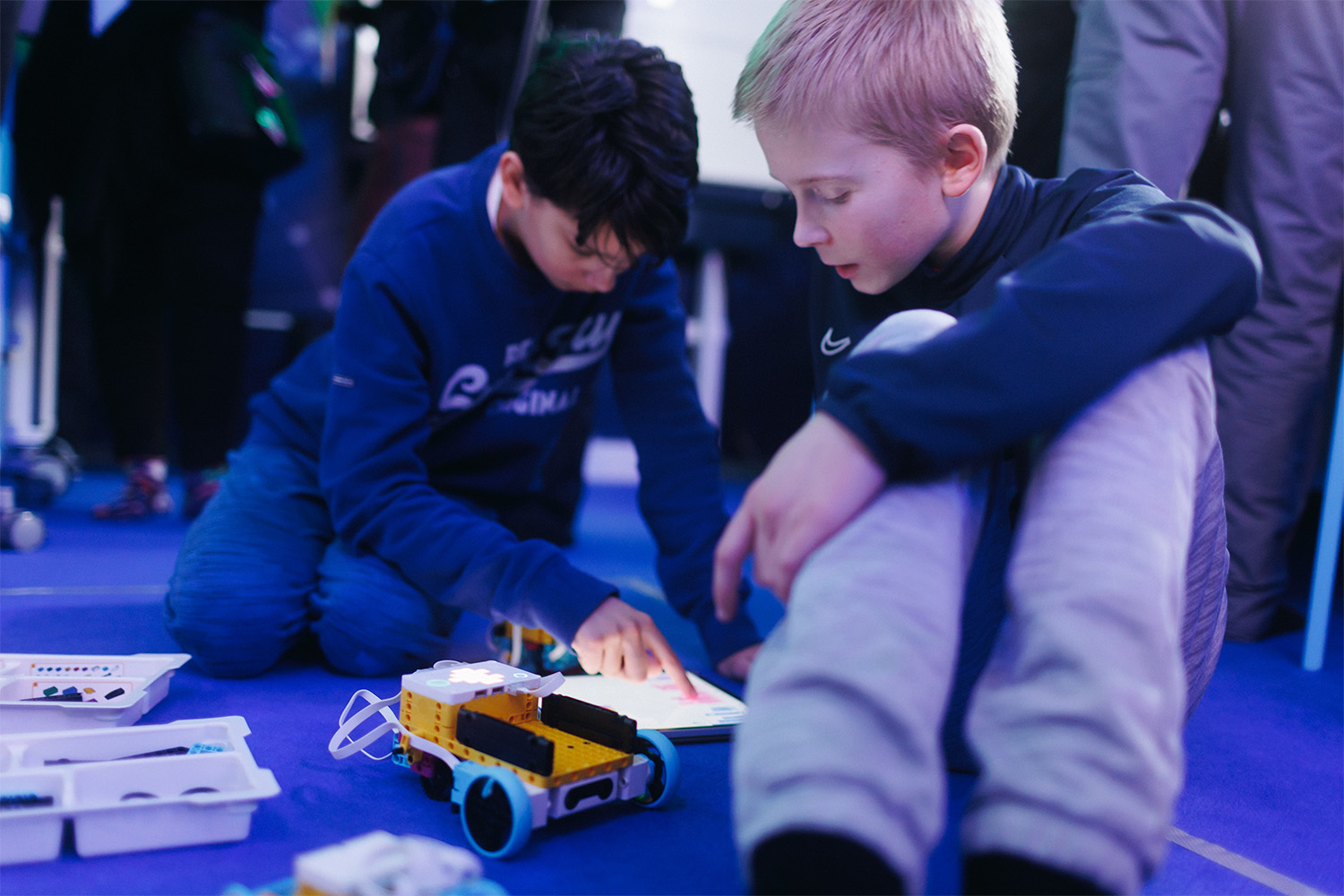
The completely novel concept began with a simple idea. A technology container solution, imagined by a father and child, evolved into a mobile testbed for kindergartens and schools in Helsinki. After six months of intensive development of building the container, creating the operating model, and preparing it for placement in schoolyards, the Mobile Testbed TEKLA was finally ready to hit the road. Developed by the City of Helsinki, this mobile learning environment launched in February 2024. The successful journey continued until summer 2025. And TEKLA’s story doesn’t end here: we will continue co-developing new learning technologies based on the insights we’ve gained, support business opportunities for companies in the field, and keep lowering the threshold for learners and teachers to explore and use modern technologies in education and teaching.
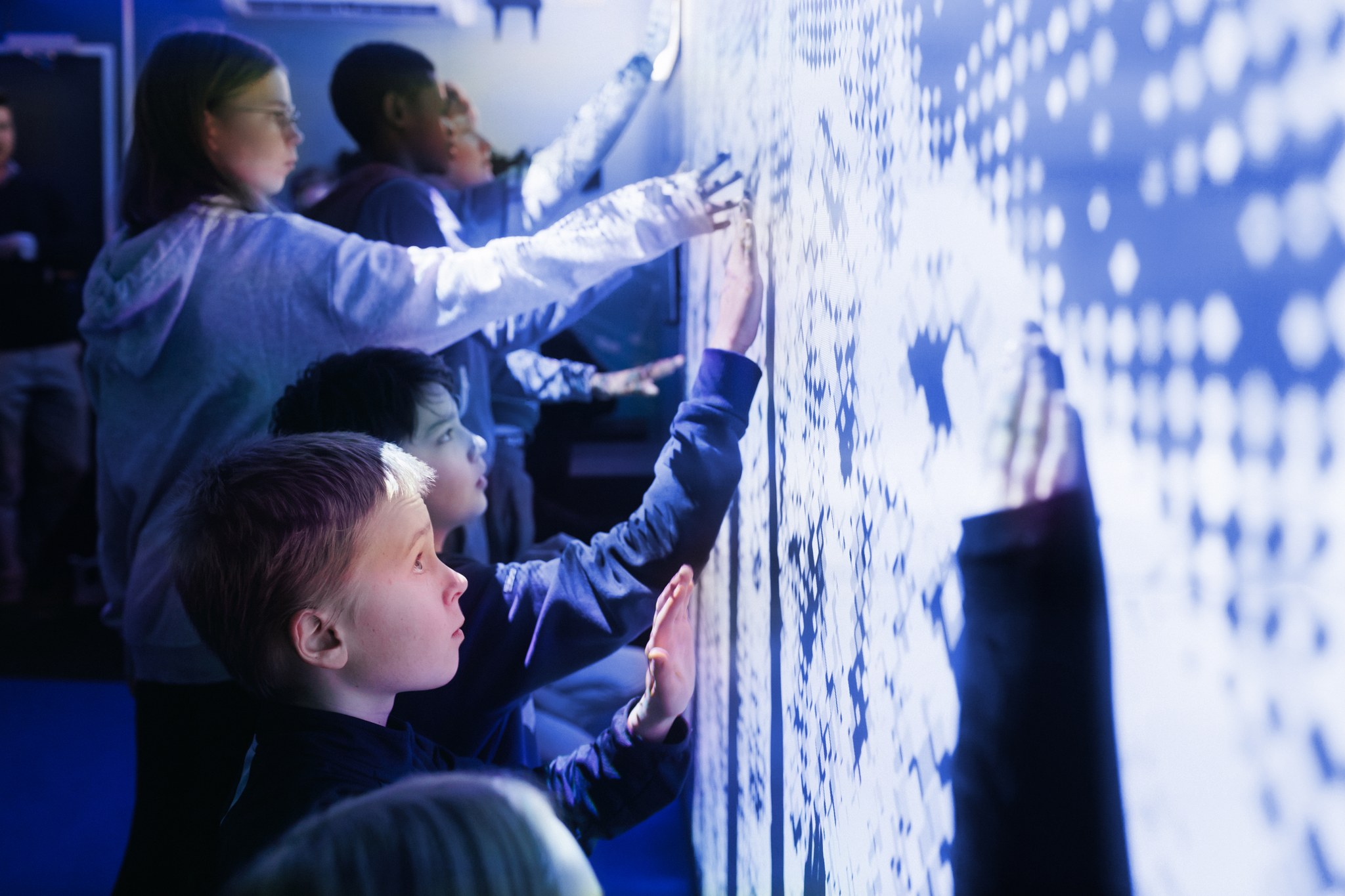
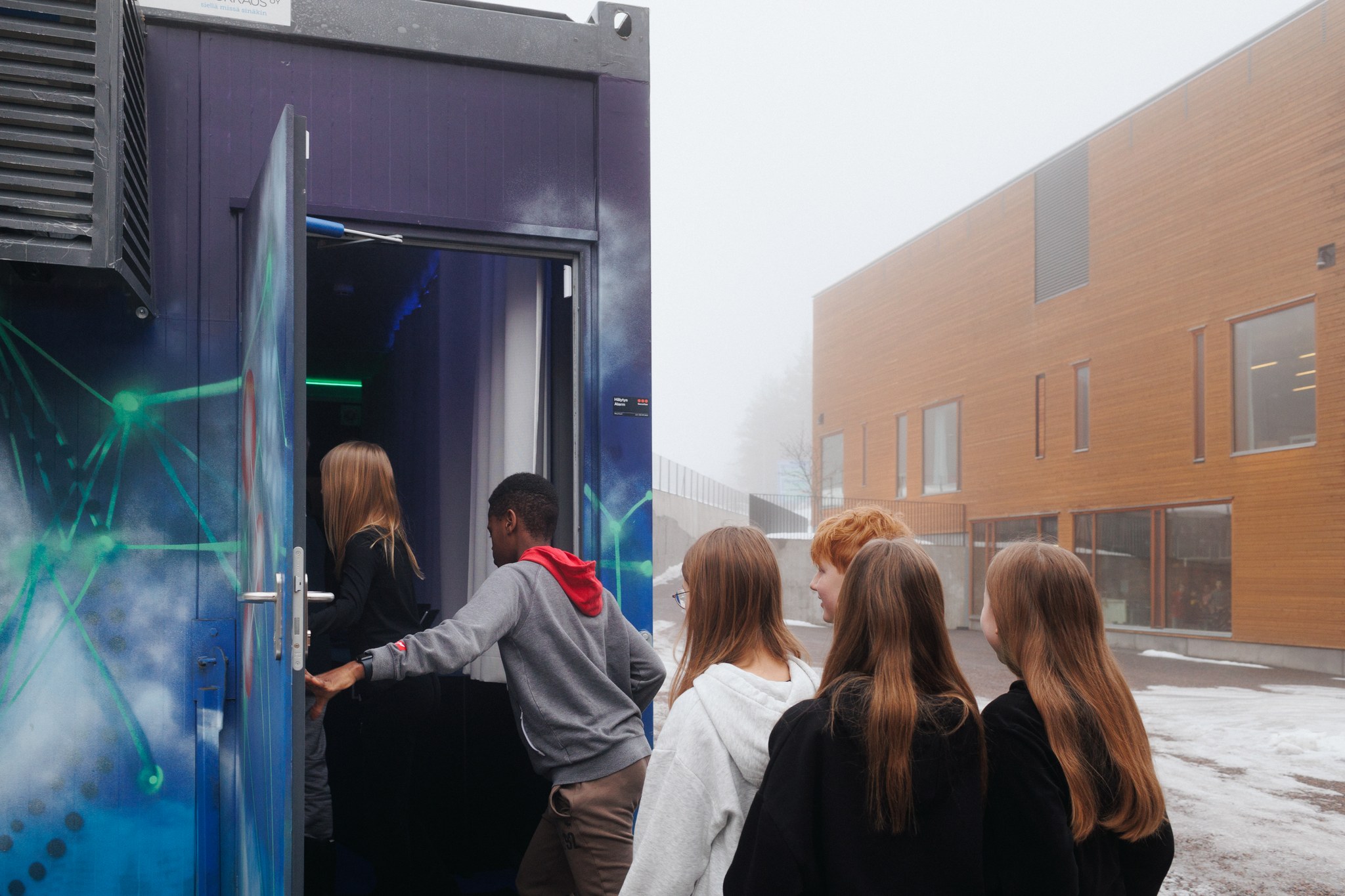
How did the Mobile Testbed TEKLA operate?
Mobile learning environment. The Mobile Testbed TEKLA toured schools and kindergartens in Helsinki, parking at each location for a few weeks at a time.
New learning technologies. EdTech innovations from companies were brought directly to teachers and learners.
Inspiring workshops. Guided workshops included company representatives, teachers, learners, and the TEKLA host. Participants learned new skills such as programming.
Versatile testing platform. Companies had the opportunity to test and co-develop learning technologies with large groups of students at a fast pace. The concept enabled efficient, user-driven product development.
Equipment lending service. The City of Helsinki’s Education Division provided various learning technologies that teachers could borrow for use in their classrooms.
Mobile Testbed: From idea to reality through collaboration and perseverance
– There was quite a list of things to figure out, recalls Marjo Kenttälä, Project Manager of the JAVIST project that implemented TEKLA.
– Logistics required enough yard space and safe access, power supply with high-voltage electricity nearby, and fire safety meant keeping a distance from other buildings. Keeping the container in one location for several weeks required preparation for potential vandalism. Moving it involved weight restrictions and securing the furniture, Kenttälä explains and continues:
– But the development work was both interesting and rewarding! The container was created through cross-sector collaboration. The initiative wouldn’t have been possible without close and effective cooperation with the City of Helsinki’s Education Division, whose development services, ICT unit, and Stadin AO’s logistics department were closely involved in the implementation of the Experiment Container. The Urban Environment Division and the Culture and Leisure Division also supported us.
The Mobile Testbed received praise from everyone
– Companies made the most of the experiments. It’s incredibly enlightening to observe how children use new innovations. Sometimes a child comes up with a completely different way to use it than originally intended. At TEKLA, you can truly see whether your solution works, and companies have genuinely learned to understand end users through the workshops. Normally, it’s difficult to access schools and other learning environments to test products independently, but TEKLA made it easy, reflects Severi Tonttila, Project Specialist and TEKLA’s host.
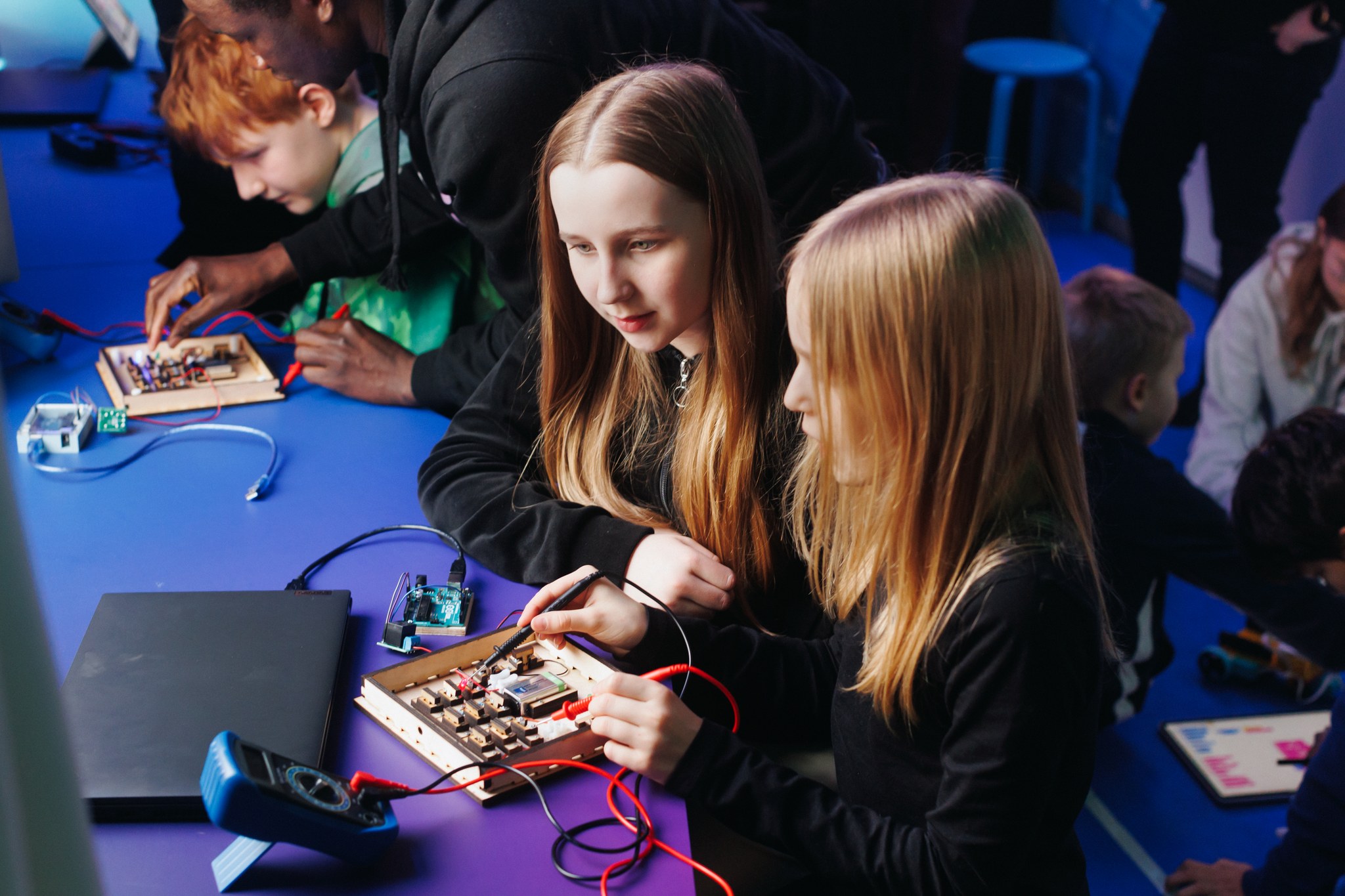
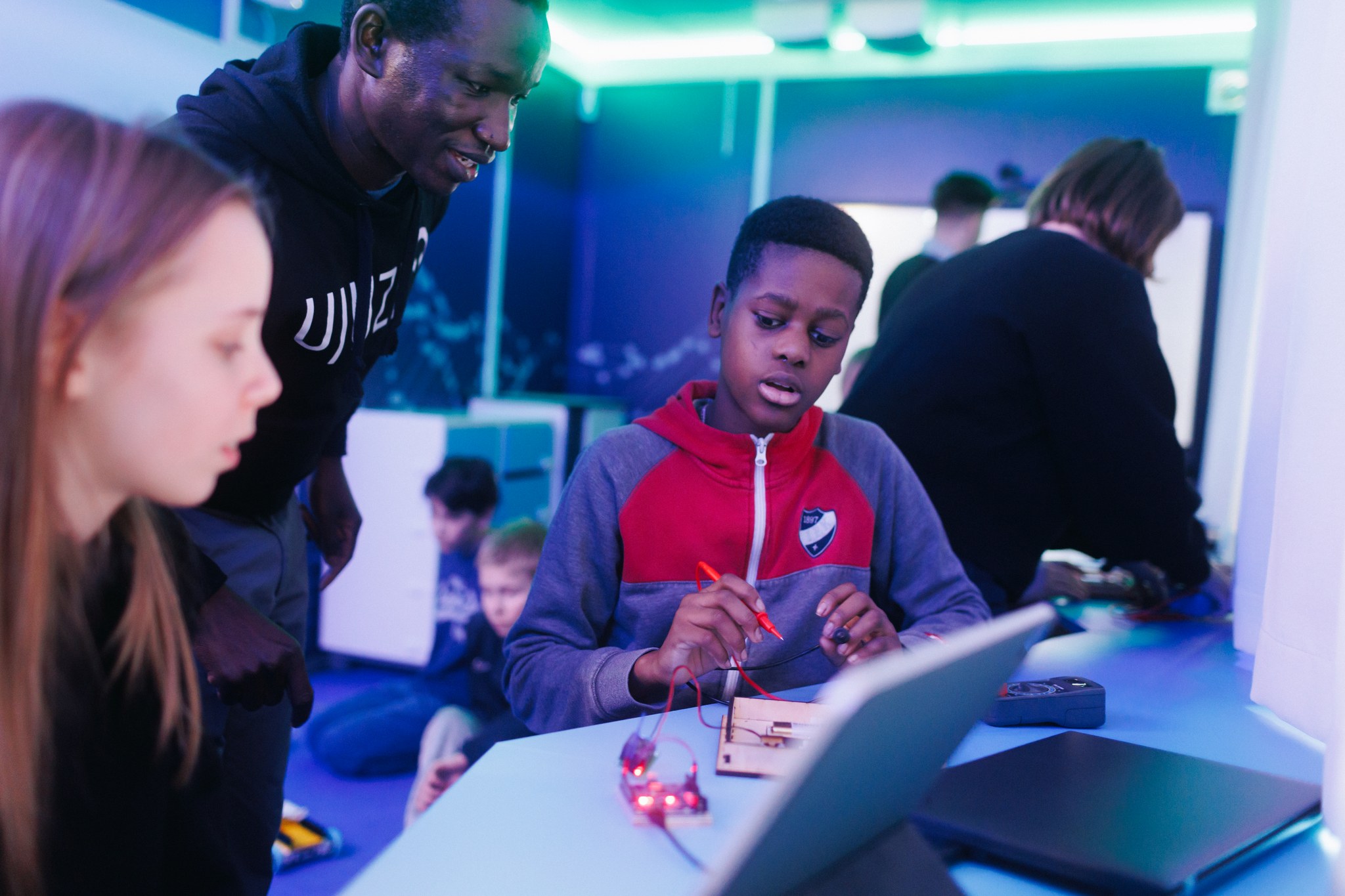
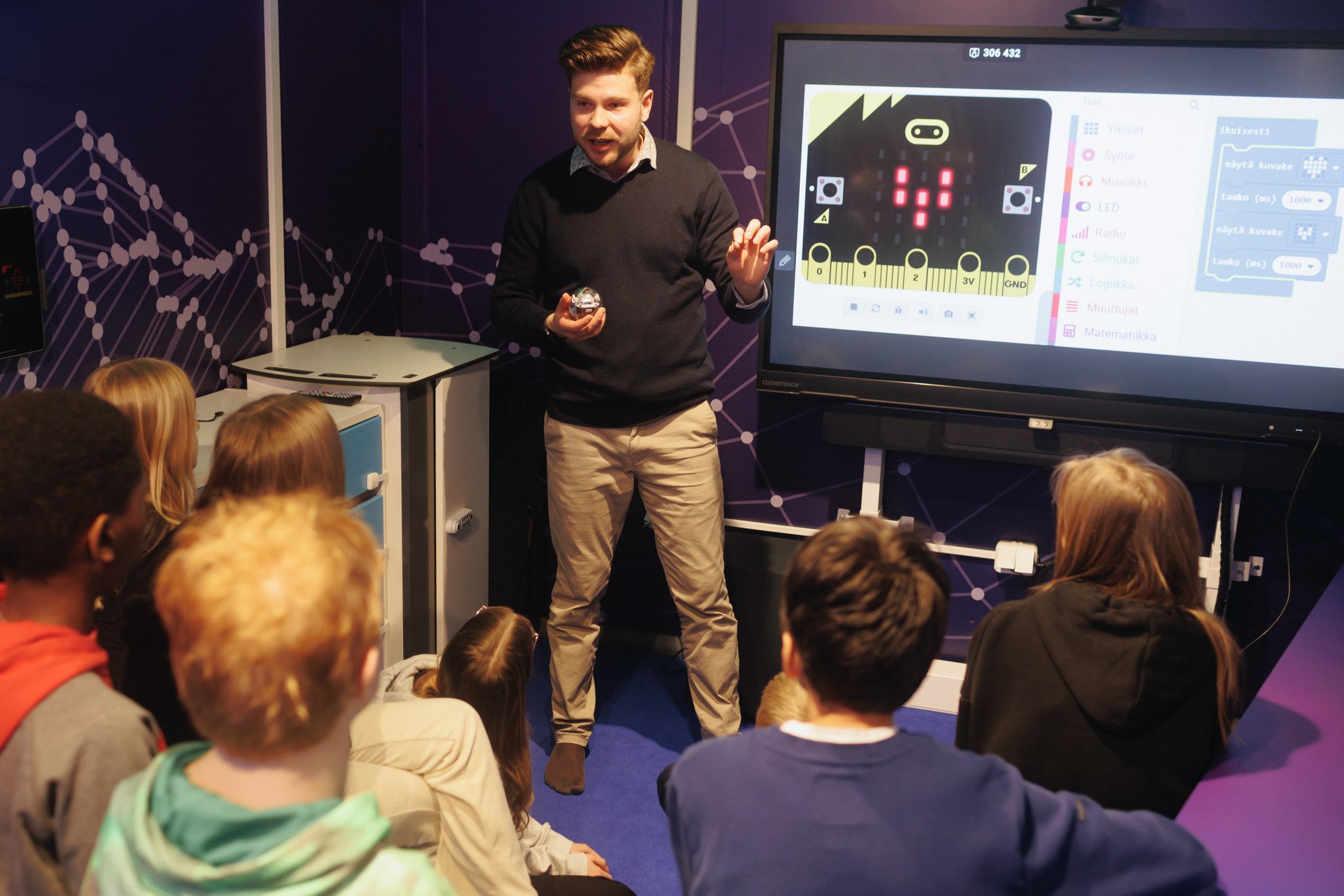
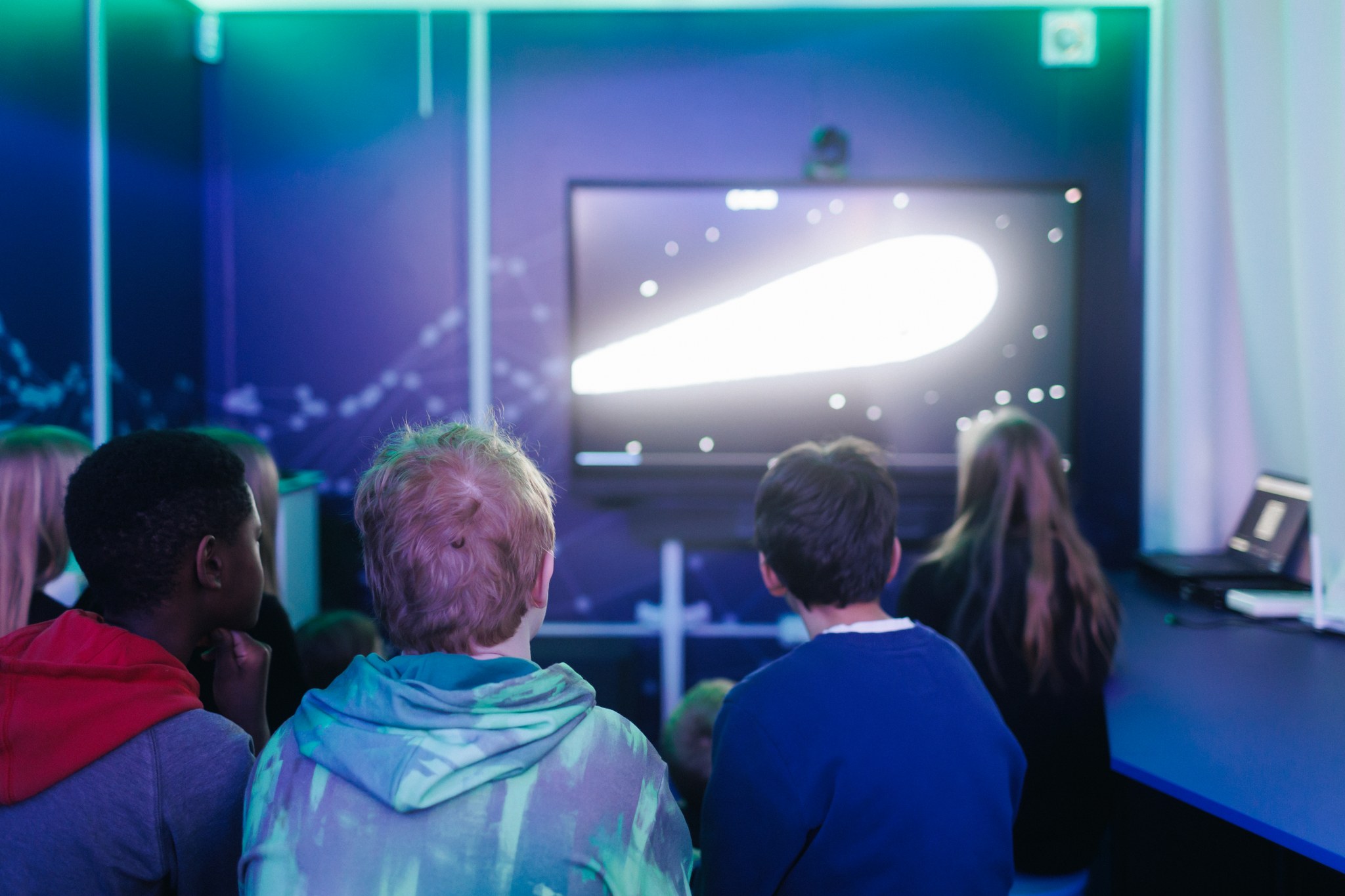
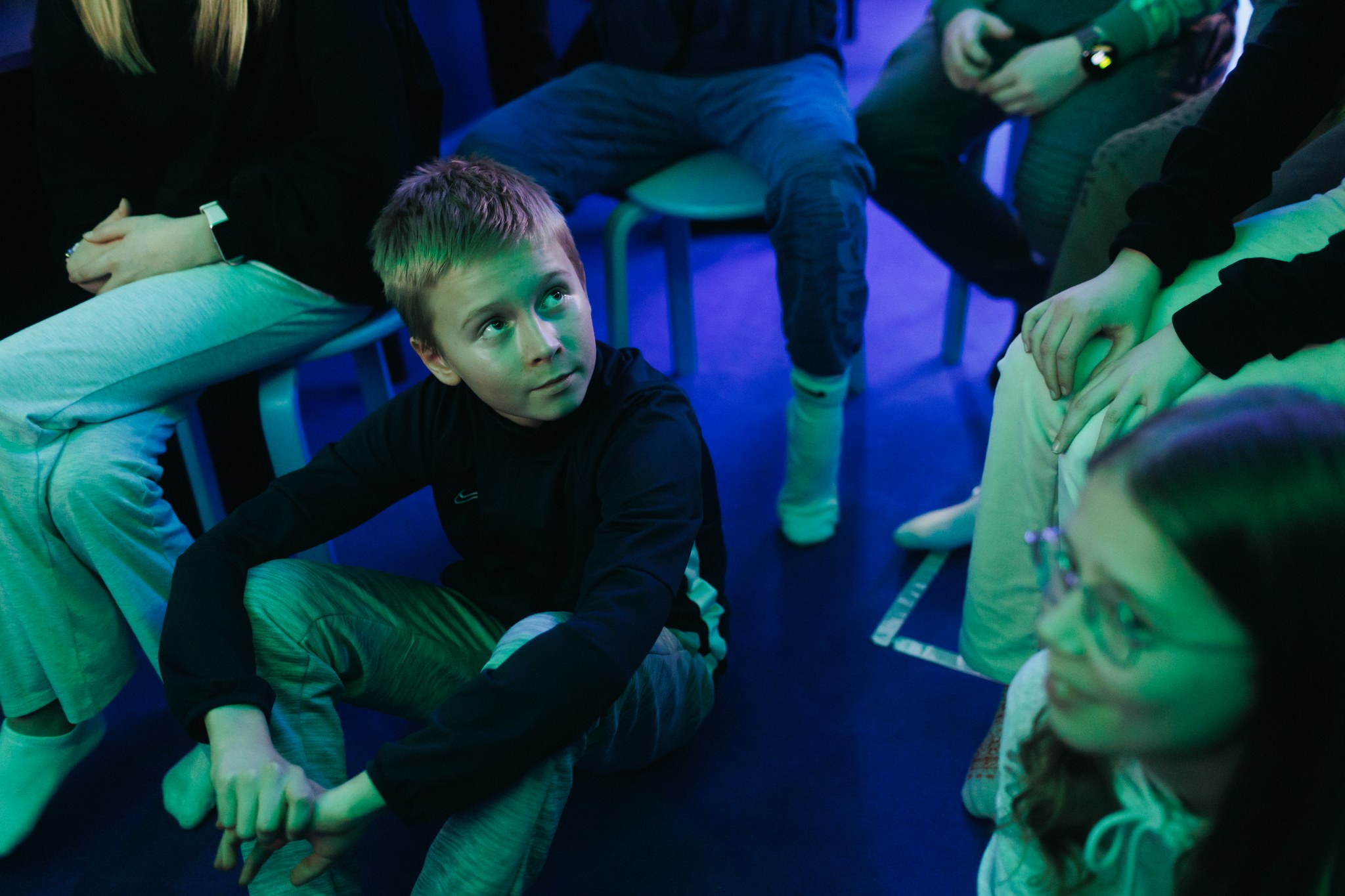
Great feedback from companies
“In the mobile testbed, you can agilely test new innovations on a large scale with end-users. Testing the act of testing has brought the most insights — it’s not something you can easily do elsewhere. The best part is seeing how students break away from the everyday and participate with exceptional focus and enthusiasm.”
– Miika Anundi, Loru Games
”TEKLA is a new and exciting environment, where kids give us their undivided attention and authentic reactions. We got a lot of creative and practical suggestions for our solution. TEKLA is wonderful! It is like a shortcut to real testing environments and product development, it is very effective and well organised.”
– Jesse Mwangi, Ujuzi
”In TEKLA, we were able to both confirm our hypotheses and discover new perspectives. We found unexpected results! In technical aspects this was of significant help as well. The joyful and curious expressions on children’s faces at the end of the workshops left a lasting impression. These experiments serve as an excellent reference for our future endeavors.”
– Jussi Koivisto, Win or Learn
– Validation is currently the key word in the development of educational innovations both in Finland and globally. Research-based solutions are the most in demand on the market. The Mobile Testbed TEKLA is a brilliant example of how the effectiveness of companies’ solutions can be validated efficiently by testing and co-developing with end users, summarizes Kenttälä.
The Mobile Testbed TEKLA has also sparked interest and admiration at international events and in global discussions.
– Testbeds are often restricted by their geographic location, limiting access for students from diverse areas who could benefit, along with their teachers, from innovation. A mobile testbed is an effective solution to overcome this limitation. It brings the benefits and opportunities of the testbed directly to students, wherever they are, praises Natalia Kucirkova, professor and Director of The International Centre for EdTech Impact Norway.
TEKLA lives on: From Mobile Testbed to operating model
The journey of the Mobile Testbed TEKLA has been a pilot we can truly be proud of. A mobile testbed is an efficient and fast way to involve users in product development, while also offering schools an exciting and immersive learning environment right in their own yards.
We’ve harvested the best learnings of the pilot to further develop our EdTech testbed: alongside our EAC model we are building a new, agile, fast, and effective way to collaborate with schools in piloting. The goal is to continue TEKLA activities without the physical container.
The Mobile Testbed was part of the Resourceful Sharing: Innovative and Co-Usable Learning Environments (JAVIST) project, which offers companies a more effective way to test and develop their products and services together with end users. The project is co-funded by the European Union.
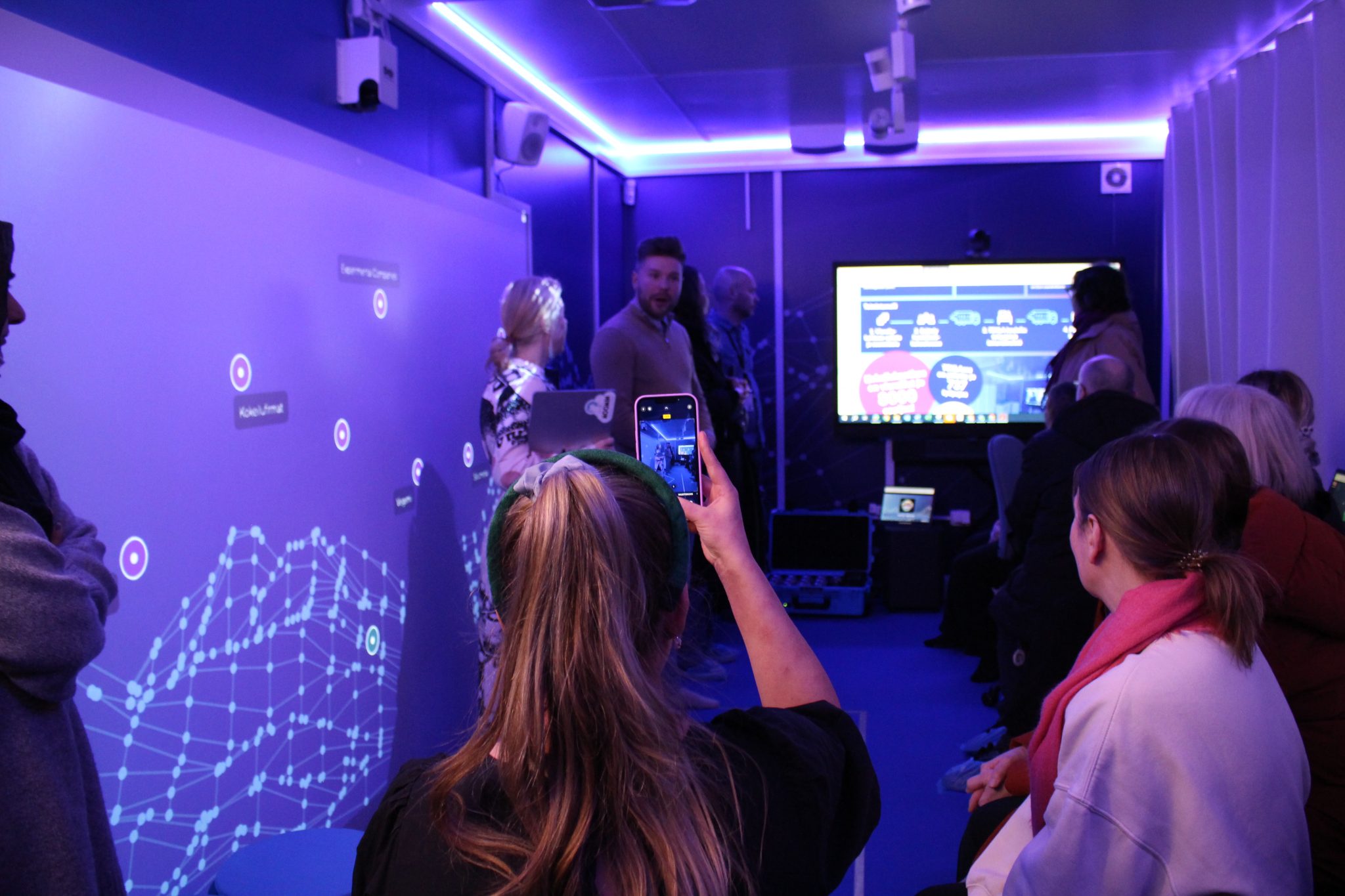
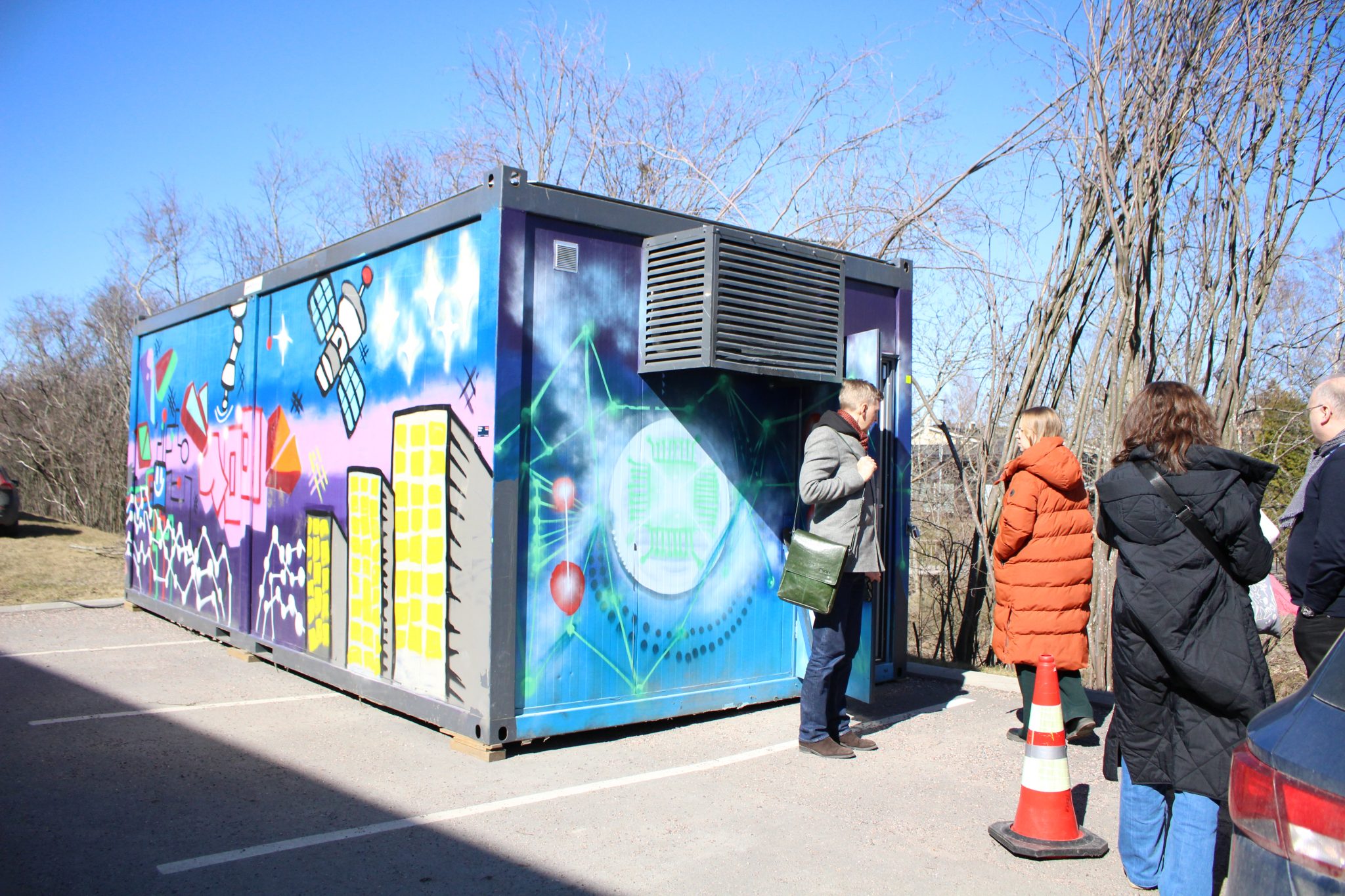
The Mobile Testbed TEKLA
The unique learning environment was developed by the City of Helsinki.
Want to Create a Mobile Learning Environment? Here’s How to Succeed!
- Multidisciplinary project team – Bring together experts from electricity to logistics, pedagogy to procurement. Together you’re stronger!
- Clear operating model – Good planning makes everyday operations smooth. How does the container move, and who is responsible for what?
- Engaging content – Spark curiosity and excitement!
- Flexible attitude – Be prepared for surprises, and tackle them with a solution-oriented mindset.
- Suitable visit locations – When choosing locations, consider electricity access, pathways, emergency exits, and safety distances.
- School engagement – When principals, teachers, and students are excited, the initiative has lasting impact!
- Reliable equipment – Quality devices and materials ensure smooth operations.
- Problem-solving skills – Creativity and agility are the keys to success!
Photos: Vesa Laitinen/JAVIST

